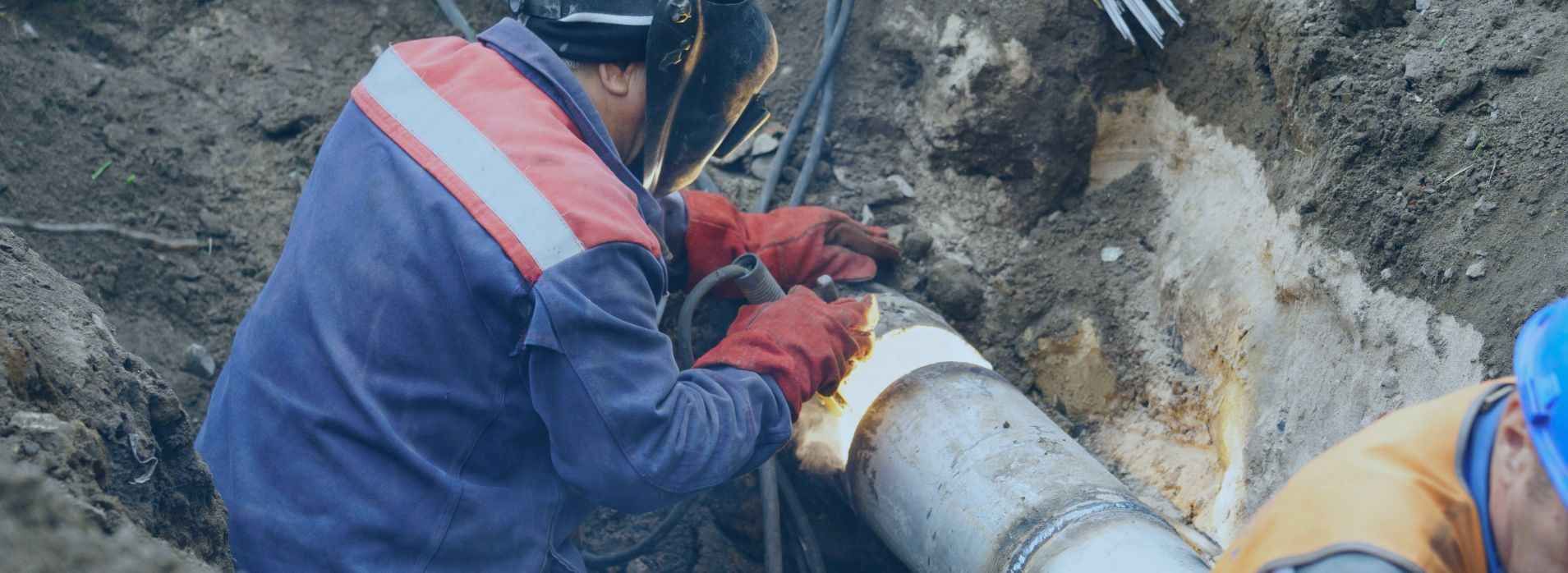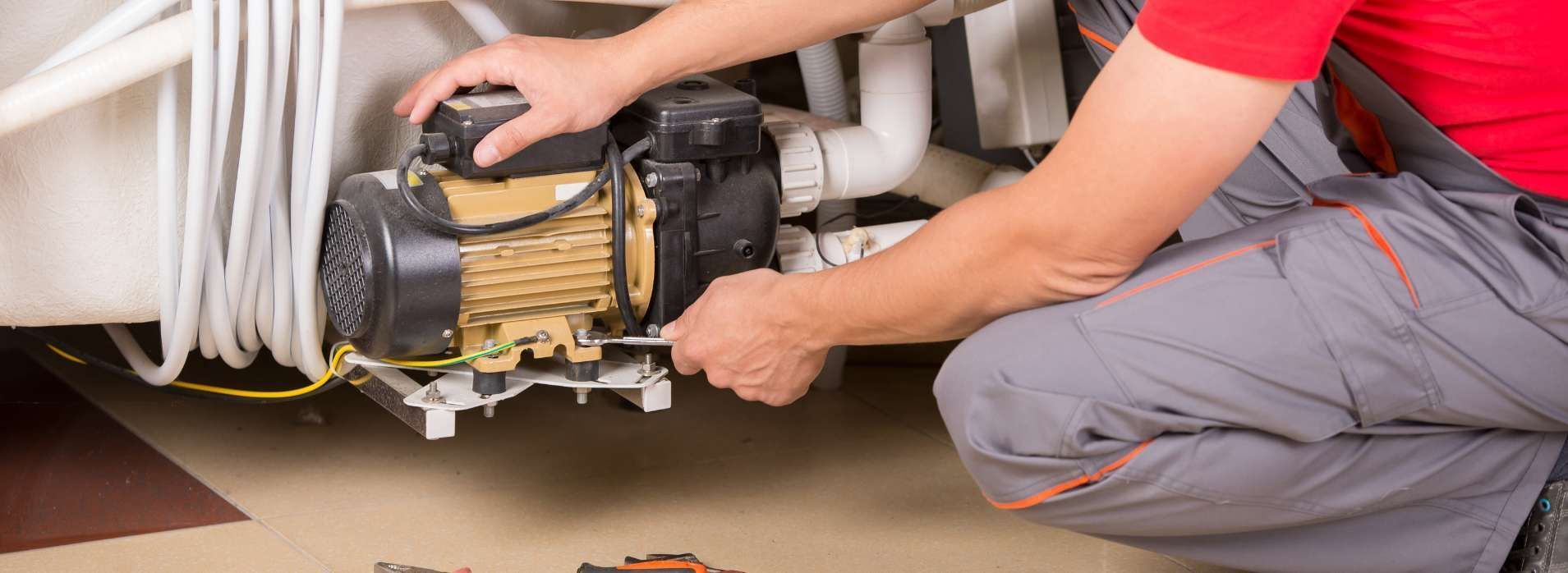Tankless Water Heater Pros and Cons for Smart Homeowners
What is a Water Heater?
A water heater is an appliance or any system that heats or supplies hot water for domestic use. The heating process is usually done using electricity, gas, or solar energy. It is fascinating how we have moved from heating water on metal vessels over burning fires to automatically having hot water rain on us in the shower in a matter of seconds.
The importance of water heaters draws from the necessity of hot water. There was a time when hot water was a luxury and only used on special occasions.
Types of Water Heaters
The first water heater was patented in 1868 by Benjamin Waddy. Since Benjamin Waddy's invention in 1868, water heating technology has gone through many phases. One of the pioneers of modern-day water heaters is Edwin Rudd, a Norwegian mechanical engineer heavily influenced by Waddy's invention.
Some of the current types of water heating systems are:
1.) Tank water heaters
2.) Tankless water heaters
3.) Solar-powered water heaters
4.) Heat pump water heaters
5.) Point-of-use water heaters
6.) Condensing water heaters
7.) Hybrid water heaters
8.) Combination boiler water heaters
Tankless Water Heaters
For many years, heating water involved tubular appliances that collect and heat water for domestic use. This typically gave room for water leaks, increased utility bills, and shortage of hot water. However, with innovations in water heater technology came the tankless water heater. This on-demand heater automatically heats water without the aid of a water heating storage system.
With tankless water heaters, you have access to an unlimited supply of hot water. The on-demand water heater provides an average of 2 liters of water per minute. While tankless water heaters have very few disadvantages, you don't have to worry about high-level energy consumption with them.
How Tankless Water Heaters Work
When a faucet for hot water is turned on, through thermal conductivity, cold water that flows through the aluminum heat exchange unit is heated up.
For a step-by-step process: once the hot water switch is turned on, water comes in from the cold water inlet and triggers the heating mechanism.
The burner works in tandem with the heat exchanger to turn cold water hot. From there the hot water moves through to your showers and faucets. The process is faster in reality than the picture this verbose description attempts to paint.
In gas heaters, the heating mechanism is powered by a gas burner. But in an electrical heater, the burner equivalent is electrical resistance heating coils.
Advantages of Tankless Water Heaters
The benefits of tankless water heaters are numerous, especially when compared with traditional storage heaters.
Below are some of the advantages of tankless heaters that explain why homeowners prefer them over traditional heaters:
1. Less Energy consumption
2. Space efficiency
3. Limitless hot water supply
4. Ease of maintenance
5. Longer life span
6. Ease of installation
7. Safer alternative & ease of accessing hot water
Limitless Hot Water Supply
With tank storage heaters, you will consistently suffer hot water shortages. Imagine being late for an appointment, hopping in the shower, and halfway through your bath, you run out of hot water.
I heard funny versions of this scenario that either end with waiting for a long time, with suds drying on your body. Or do the dangerous cold water ritual: wash the right leg first, scream or fume, and wash the left shoulder… until you are confident enough to let the cold water hit your whole body.
But with tankless heaters, you don't have to worry about running out of hot water. As long as there is a supply of cold water from the inlet, you will have an unlimited supply of hot water. This is why most homeowners prefer tankless heaters.
Ease of Installation
At the end of the day, tankless water heaters involve less installation process than their tanked counterparts. In general, tankless heaters often cost less to install.
Ease of Maintenance
With tank heaters, there are lots of components to worry about when it comes to maintenance. Especially as it regards descaling and maintaining a working anode rod.
While tankless heaters are easy to maintain, unless you are well-informed on the parts and technicalities of maintenance, it is advised you let professionals handle the once-in-a-year maintenance. On your part, you can carry out maintenance by cleaning the cold water filter, especially if you live in a region with hard water.
Longer Life Span
Considering the portable nature of tankless heaters and less likelihood of leaks, they are more durable than conventional heaters with storage. They also come with a longer warranty—about 20 years.
Safer Alternative and Ease of Accessing Hot Water
Considering the absence of tanks and simple heating panels, tankless heaters are usually a safer option for families.
In addition, the ease of accessing hot water is a great advantage of owning a tankless water heater. If you need the best tankless water heaters in Georgia, you should check out the renowned
Patriot.
Disadvantages of Tankless Water Heater
Tankless water heaters have lots of advantages over storage/tank heaters and are generally loved by homeowners. However, years of being in the industry and interacting with homeowners have shown tankless heaters have flaws too. Here are some of the disadvantages of tankless heaters.
Initial Cost
Homeowners usually console themselves that tankless heaters are worth it based on overall performance and energy efficiency. However, it doesn't change the fact that tankless water heaters require a substantial upfront investment.
This often deters homeowners who have heard of the many benefits of tankless heaters and want to replace their tank heaters with the former.
Replacing tankless heaters with storage heaters is expensive. Installing them as a first-time user is also expensive.
Multiple use Problem
Of course, a tankless heater provides an unlimited supply of hot water. However, when there is a high demand for hot water than the heating panel can handle, it drastically reduces the temperature of the water.
In other words, if the shower is on and other appliances that need water are on, the hotness of the water will drop significantly. Taking care of this problem would involve gauging water demand and using it accordingly. You can also get smaller point-of-use heaters.
Delay in hot Water
In a sense, this is not a major problem. But a couple of homeowners noted that they get hot water faster from tank heaters than from tankless heaters.
This is because tank heaters usually have heated water stored. You just turn on the shower and access the hot water. While for tankless, there is a tendency to get a little cold water first before the actual hot water. While the delay is only a few seconds different. It is pertinent to have that in mind before purchasing or installing a tankless heater.
Requires Professional Maintenance & Repair
With tank heaters, most of the maintenance involves descaling or changing the anode, which is slightly difficult but doable.
With tankless heaters, it's a different ball game. You have to be exceptionally skilled to carry out DIY maintenance. But even if you are, the tools required to access the maintainable parts are special. You still have to call a
professional plumber to look at it.
Undersizing or Oversizing Tankless Water Heaters
For centuries the world has been debating if size matters or not. This is not within the periphery of that debate, but size does matter.
If your water heater is too small, there's a tendency for your sauna-like bath to turn you to Wim Hof in the twinkle of an eye. A small water heater translates to weak temperature and so less hot water, especially in regions with low groundwater temperature.
Back to the size debate, is a big size the solution? Erm, nope. There are two schools of thought on this, one half claims having an oversized tankless heater defeats the energy-efficiency purpose. While the other half disagrees. They claim an oversized tankless heater has little or no impact on energy consumption.
Regardless, it is a big problem especially if your water heater is undersized. This is why it is important to get accurate data on your water need/demand, to get the right-size heater.
Requisite Factors To Consider for Sizing Tankless Heaters
1 Your maximum hot water need
2. The flowrate of the water heater
3. Difference between the temperature you need and the groundwater temperature
Types of Tankless Water Heaters
Gas Tankless Heaters
Tankless heaters are often classified based on what fuels them. A gas-powered tankless heater is one of the dominant types of tankless heater.
This heater uses propane or natural gas to provide hot water for domestic use. They are often more effective and cost less to operate. However, gas-powered tankless water heaters are high-maintenance.
The initial equipment cost of tankless heaters that run on gas is higher than traditional gas tank water heaters. But the latter has a longer lifespan than a storage water heater that runs on gas.
Electric Tankless Heaters
In these heaters, water is boiled with the aid of electrical resistance coils. While this is more efficient than traditional tank heaters, it is usually less efficient than gas-powered tankless heaters.
Condensing Tankless Heaters
These water heaters usually have multiple heat exchange units. They are more efficient than their non-condensing tankless water heaters.
Their efficiency is predicated on their ability to capture and heat water using exhaust produced by the first heat exchange unit. In a nutshell, they heat water better by recirculating energy wasted from the first heat exchange.
It is important to note that condensing tankless water heaters usually require gas (plus gas lines) and are more expensive.
Non-condensing Tankless Heaters
Unlike condensing tankless water heaters with their dual heat exchange units, non-condensing tankless water heaters heat water using a single heat exchange mechanism.
Due to the dissipated energy from the singular heat exchanger, Non-condensing heaters create an exhaust that requires a vent or an escape channel.
Despite the extra vent, they require less initial cost and subsequent maintenance than condensing heaters. The non-condensing heaters also take up less space but are mildly less efficient than their condensing counterparts.
Whole-house & Point-of-use (POU) Tankless Water Heaters
These water heaters could be electric or gas-powered, but they differ in terms of location and their ability to supply hot water for domestic use.
Tankless heaters are usually positioned in strategic positions and from there they are engineered to heat water for several purposes e.g. the bathroom, kitchen, or wherever hot water is needed.
However, POU heaters are more specific. They are smaller heaters attached to a single room, appliance, or tap. They are used for houses with lots of rooms and hot water needs. Or to save cost as they produce less hot water.
Reliable Tankless Water Heaters in Georgia
So far, we have seen the pros and cons of tankless heaters that every smart homeowner deserves to know. We have also looked at some of the types of tankless water heaters and how to circumvent some issues associated with using tankless water heaters.
If you need tankless water heater installation in Georgia,
Patriot has got you covered. You deserve an endless and efficient hot water supply.
You might also like
All Rights Reserved | Patriot Heating, Cooling & Plumbing Powered By Sculpt Marketing & Consulting



